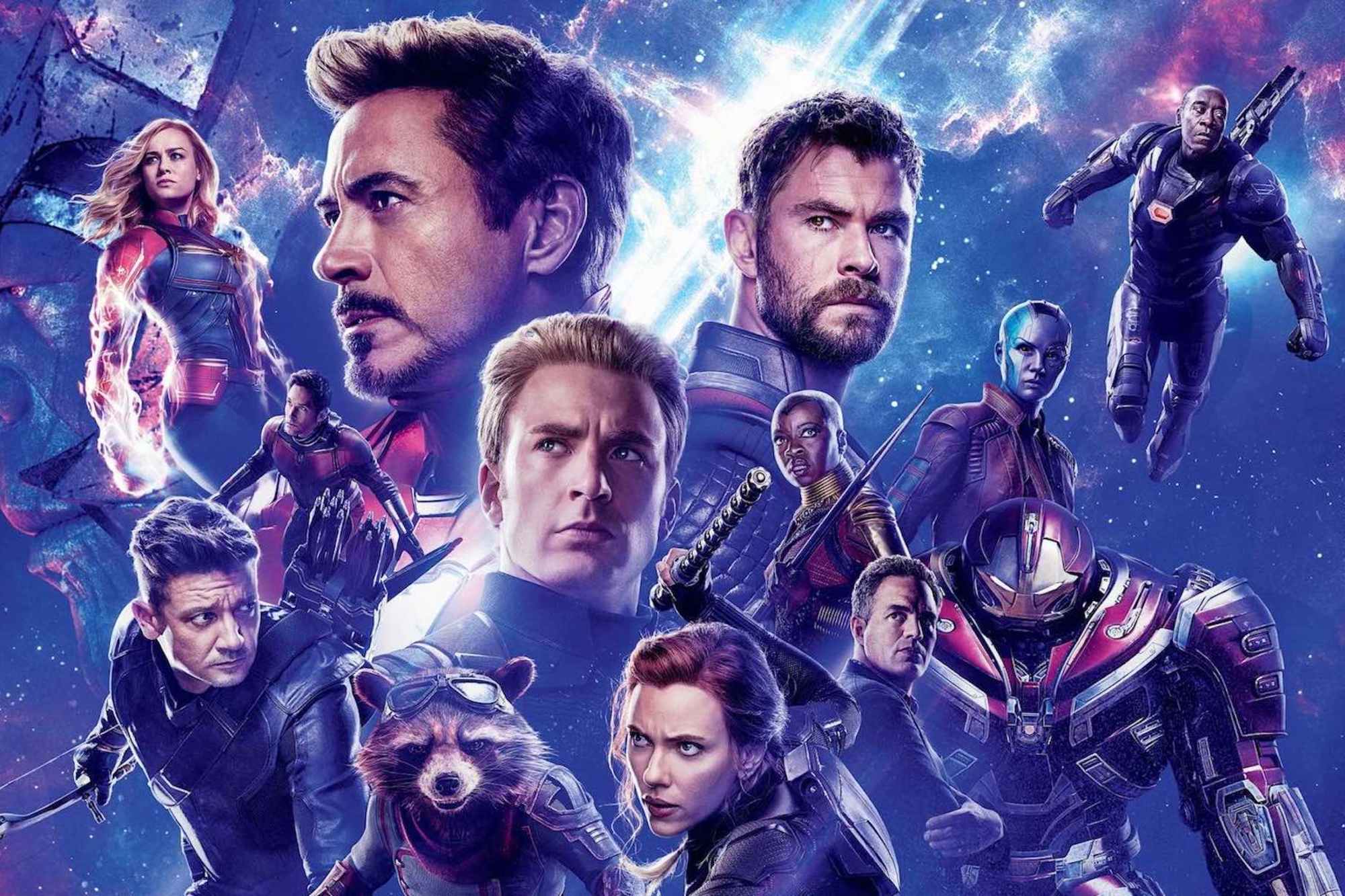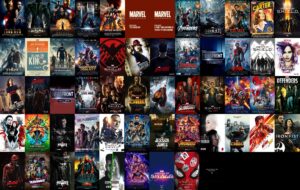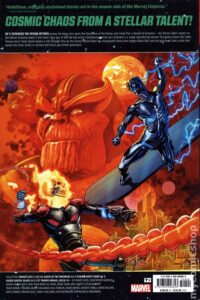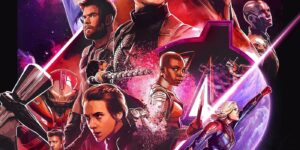In an era of instant gratification, where viewers are accustomed to binge-watching an entire season in one sitting, the Marvel Cinematic Universe (MCU) has defied the odds by successfully weaving an intricate, decade-spanning narrative. As the highest-grossing film franchise of all time, the MCU has set a new standard for long-term storytelling in the entertainment industry.

- How MCU Movies Have Changed Since Disney’s Acquisition Of Marvel
- Breaking Down The Political Themes In Marvel’s Newest Movie
- How The MCU’s Latest Movie Sets Up Future Villains
- Exploring The Cosmic Side Of The MCU In Recent Movies
- How Marvel’s New Movie Redefines Superhero Origin Stories
The key to the MCU’s success lies in its meticulous planning and execution. Rather than focusing on individual movies, the studio has adopted a holistic approach, treating each film as a crucial chapter in a grand, interconnected story. This strategy has allowed the franchise to cultivate a dedicated fan base, with enthusiasts eagerly anticipating each new installment and analyzing every detail to unravel the larger puzzle.
One of the most impressive aspects of the MCU is its ability to balance standalone stories with overarching plotlines. Each film, while featuring its own unique narrative, is carefully designed to contribute to the broader universe. This delicate balancing act enables viewers to enjoy individual movies without feeling overwhelmed by the larger context, while still rewarding fans who have invested in the franchise as a whole.
The MCU’s masterful use of character development is another crucial element in its long-term storytelling success. By introducing characters in early films and gradually fleshing out their backstories, motivations, and relationships, the franchise has created a richly textured universe that feels authentic and immersive. Fans have grown attached to the likes of Tony Stark, Steve Rogers, and Thor, watching them evolve from solo heroes to members of a sprawling, dysfunctional family.
Furthermore, the MCU has skillfully subverted traditional franchise fatigue by embracing a modular structure. Rather than relying on a single, overarching villain or plot thread, the franchise has introduced a diverse array of antagonists, each with their own distinct mythology and motivations. This approach has allowed the MCU to reinvent itself with each new phase, introducing fresh conflicts and themes while maintaining a sense of continuity and cohesion.
Perhaps the most significant challenge in long-term storytelling is maintaining a consistent tone and vision. With multiple directors, writers, and producers contributing to the franchise over the years, it would be easy for the MCU to succumb to creative drift. However, the studio’s commitment to a unified vision has ensured that each film, regardless of its genre or directorial style, feels like an integral part of the larger narrative.
As the MCU continues to expand, with new films and Disney+ series on the horizon, fans are eagerly anticipating the next chapter in the saga. With its intricate web of characters, plotlines, and themes, the franchise has created a truly immersive experience that rewards dedication and attention to detail. Whether you’re a casual viewer or a die-hard enthusiast, the MCU’s mastery of long-term storytelling is an undeniable testament to the power of creative vision and meticulous planning.
In an industry where franchise fatigue is increasingly common, the MCU has bucked the trend by creating a universe that continues to captivate and inspire audiences worldwide. As we look to the future, it’s clear that the Marvel Cinematic Universe has set a new benchmark for long-term storytelling, one that will be studied and emulated for years to come.




